Hi! I’m Tami from TLC Talk Shop. Before I share some tips and tricks for whole class lessons, I would like to thank Maureen for this opportunity to write as a guest blogger. For some of us, the idea of getting in front of a class to work on speech and language skills is a tad bit scary! LOVE it! I think it is due to my previous life (career) as a self-contained special education teacher. These are some of my tried and true suggestions for a successful whole-group session!
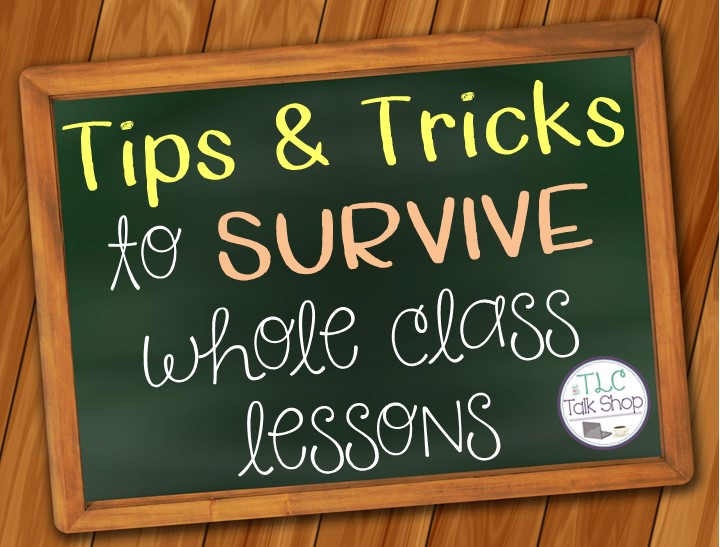
WHOLE CLASS LESSONS:
- LITERATURE- I love using literature in therapy. It works wonderfully for whole-class lessons since you can target so many skills!
- When working with preschool students or lower functioning students, I will read a simple picture book to them. I incorporate the use of my magnetic board or felt board so that pictures from the story are available as a manipulative. Students can then use those manipulatives to identify, label, describe, categorize, etc. These visuals also help students recall and answer wh-questions about the story and to sequence the story for retell. While reading to my younger students I also make sure to stop on each page to address a targeted goal. If the page has only 2-3 pictures on it, this is a great time for having students identify via pointing, labeling, or describing what is happening in the picture.
- For my older students, I discuss ahead of time with their teacher what book the class is reading and where they are in the story. By doing so, I can get my hands on an extra copy of the book and read that section ahead of time. I have collaborated with teachers in the past so that after reading the section, students can work in groups of 2-3 to respond to questions and concepts we place up on the board. Once the teams have completed discussing the ideas being covered (wh-questions, synonyms, new vocabulary words), we reconvene as a whole group to share our ideas.
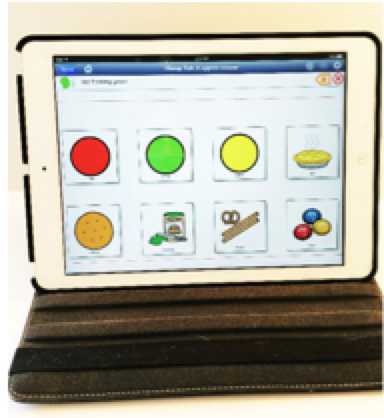
- PROJECTS such as ART, COOKING, and SCIENCE
- For my younger or lower functioning students, we work on identifying and labeling objects, making functional requests for items, and using positive social skills such as sharing. For my non-verbal students, I make sure ahead of time that they have access in their picture exchange book or device to the vocabulary that they will need (prior modeling is helpful too).
- For my older students, I will show them a completed project and we use our inferencing skills to determine what materials are needed, the sequence of steps to complete the task, review any safety measures, and target correct vocabulary and practicing appropriate social skills (i.e. making requests, offering to help others, getting staff and peer attention appropriately).
DATA COLLECTION: Data collection is where it makes whole-class lessons look like a wild monster that no one within their right mind would want to face. It’s not that bad, really. Keep focused. Although you want to include everyone, you only need data on the select few.
- ASK FOR HELP- Don’t be afraid to ask for it. If you are leading the lesson, ask your colleague to help out taking data. If the teacher has additional adult support such as the teaching assistant from a self-contained class, ask if they can help by focusing on one or two students. Be sure to provide them with a piece of paper with the targeted goal and student initials. Do not ask any parents that may be in the class to help as you do not want to break confidentiality.
- DO NOT PUT STUDENTS UNDER A LASER- Sure, you only need data from 3-7 students, but you do want to include the WHOLE class. After all, it is a whole class lesson. Plus, you do not want to draw the light from a red pen laser onto the foreheads of your students that are on your caseload. We do not want to draw attention to them. Ask them questions or to participate but also ask other students in the class. Only take the data on the students on your caseload.
- TOO MANY & YET NOT ENOUGH- If you have too many kiddos in the class on your caseload, ask how your colleague feels about longer periods of time. For example, do a book and project combination. Take data on a few kids during the literature lesson and others during the project. Maybe split it up so that you are in there twice a week or for one big block. Just make sure that you are collaborating with the teacher so that everyone’s time is used effectively and successfully.
The main tip I can provide is to have fun with it! If you are having fun and are silly and casual, the students will also have fun with it. Just be sure to set clear expectations at the beginning of the session (not everyone talking at once, etc.). I go in my classes and act like I am completely clueless. I pretend to misplace things all the time so that they have to use language to help me find it (gives you a few trials on prepositions this way too!). I also pretend that I forget words and model for them word-finding strategies such as description to help me remember what I am saying. Just keep in mind that the classroom isn’t scary and that KIDS are FUN and you will survive the whole-class lesson!
Special thanks again to Maureen for allowing me to share as a guest post on her wonderful blog! I hope she is having soaking up and making many wonderful memories with her family and new little blessing!
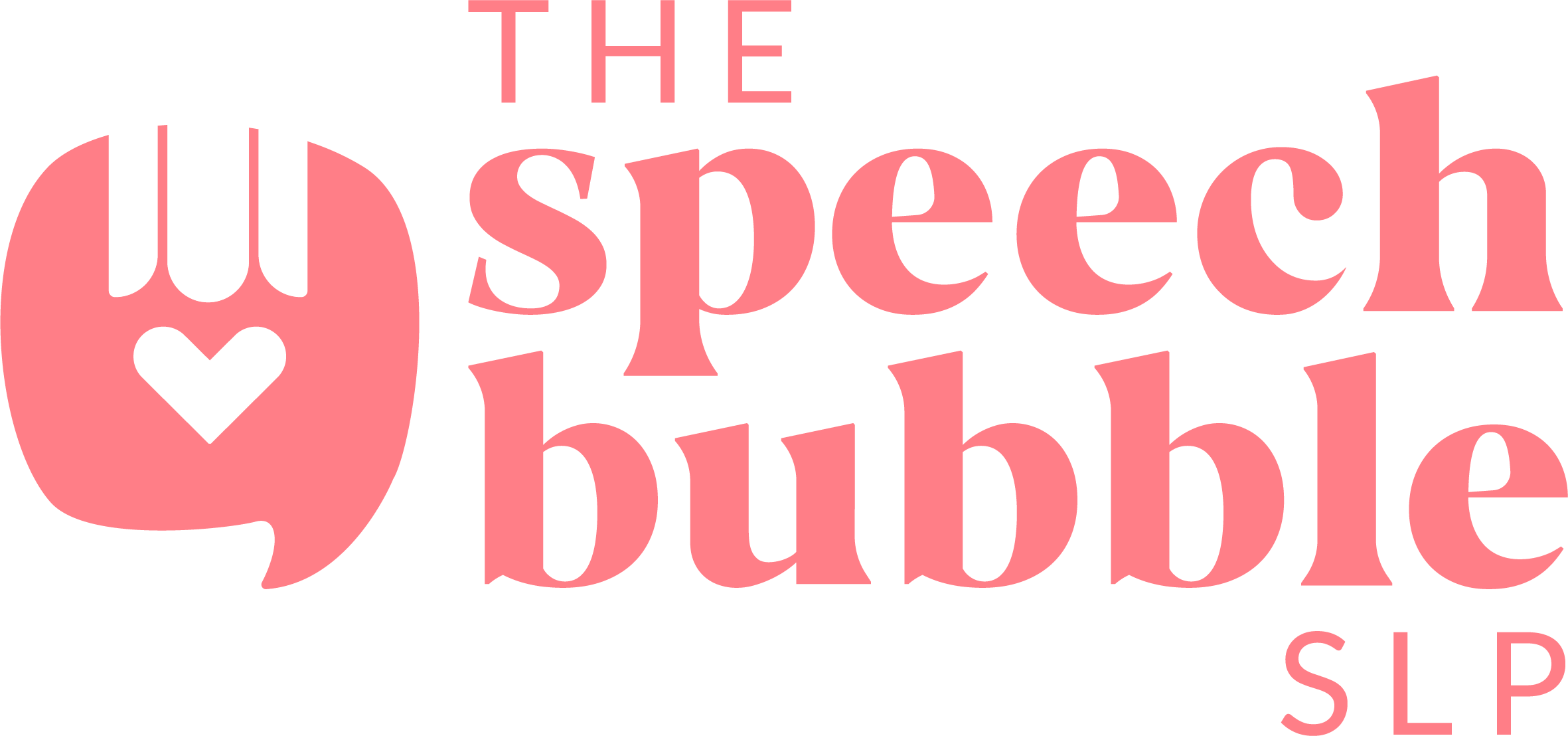






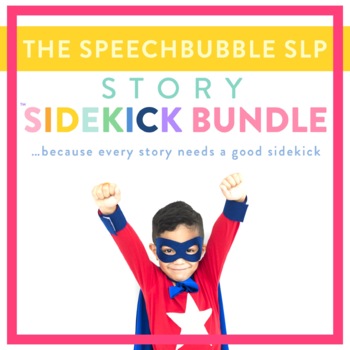
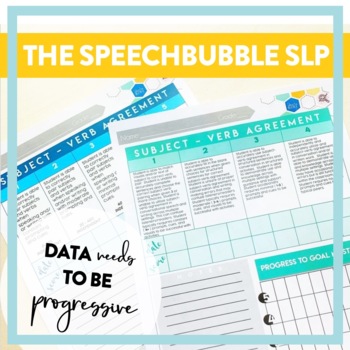
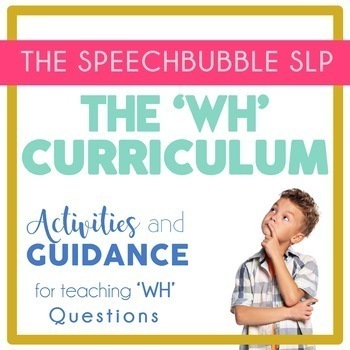



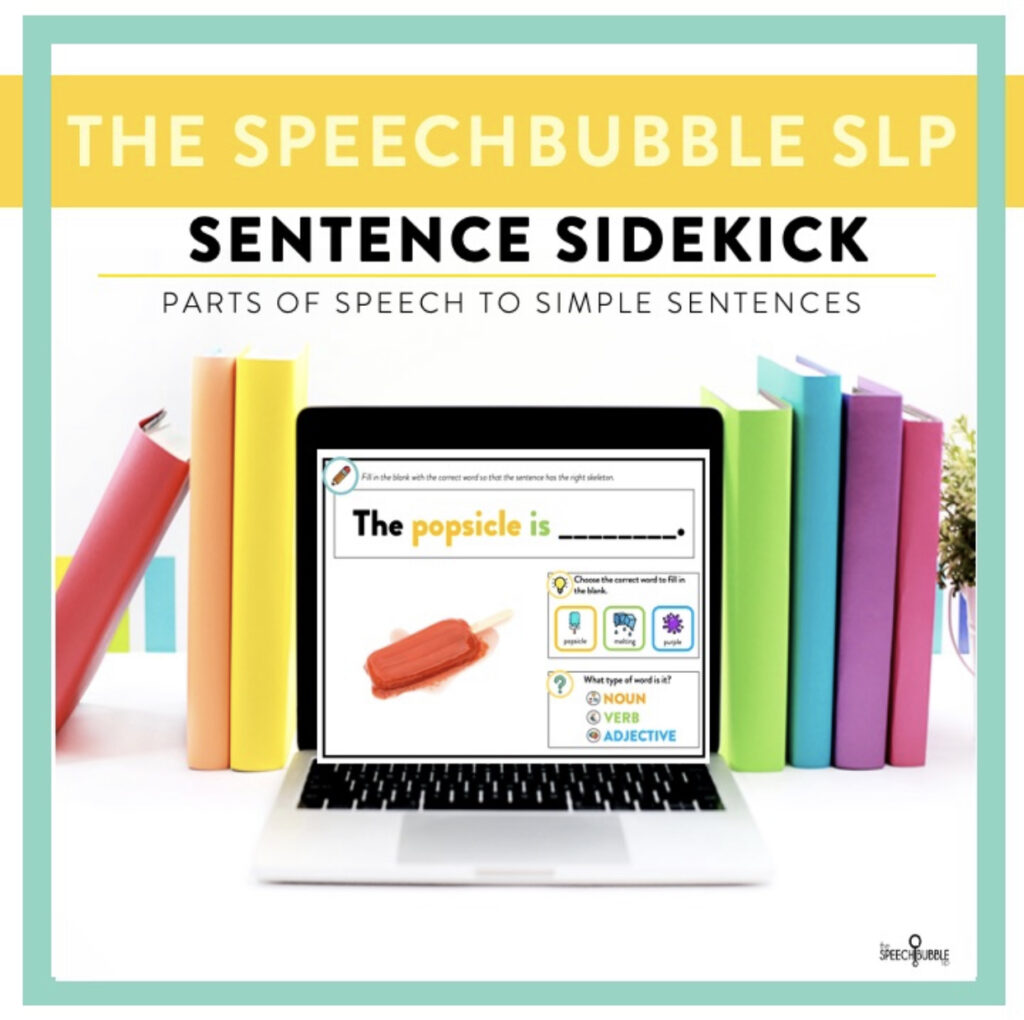
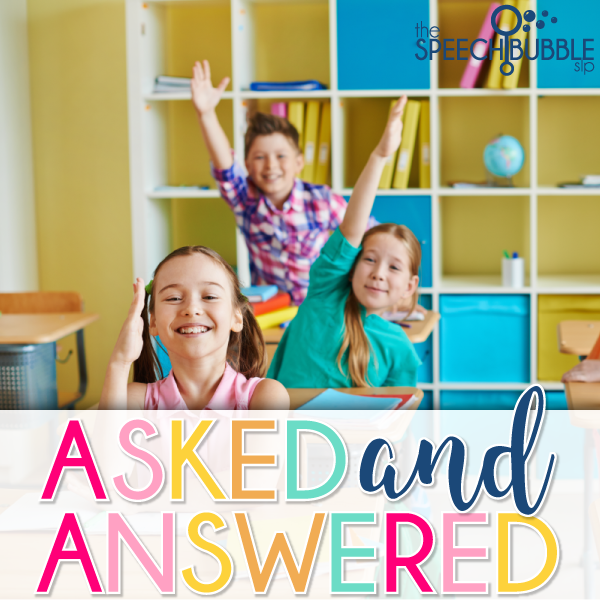

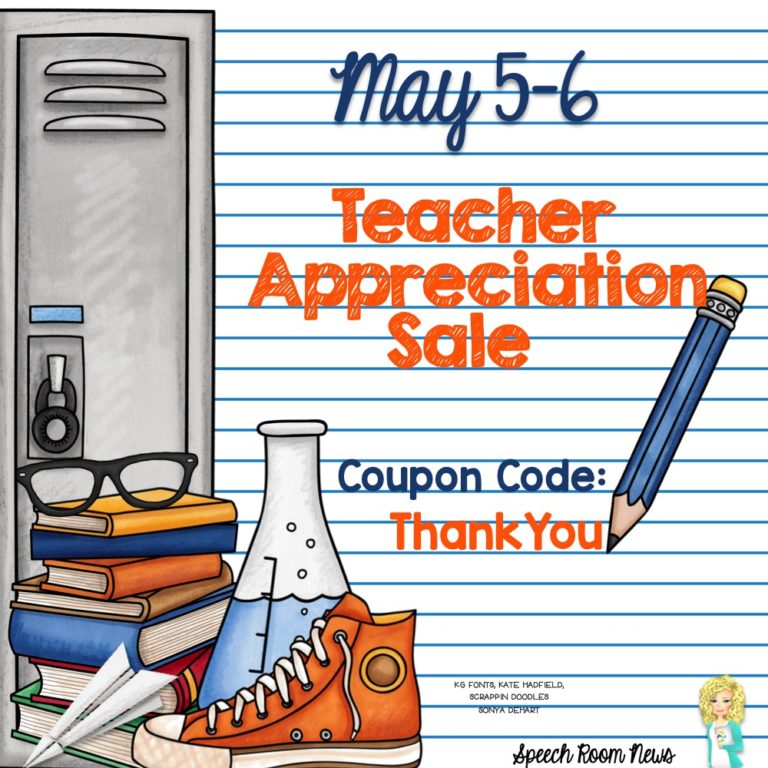

2 Responses